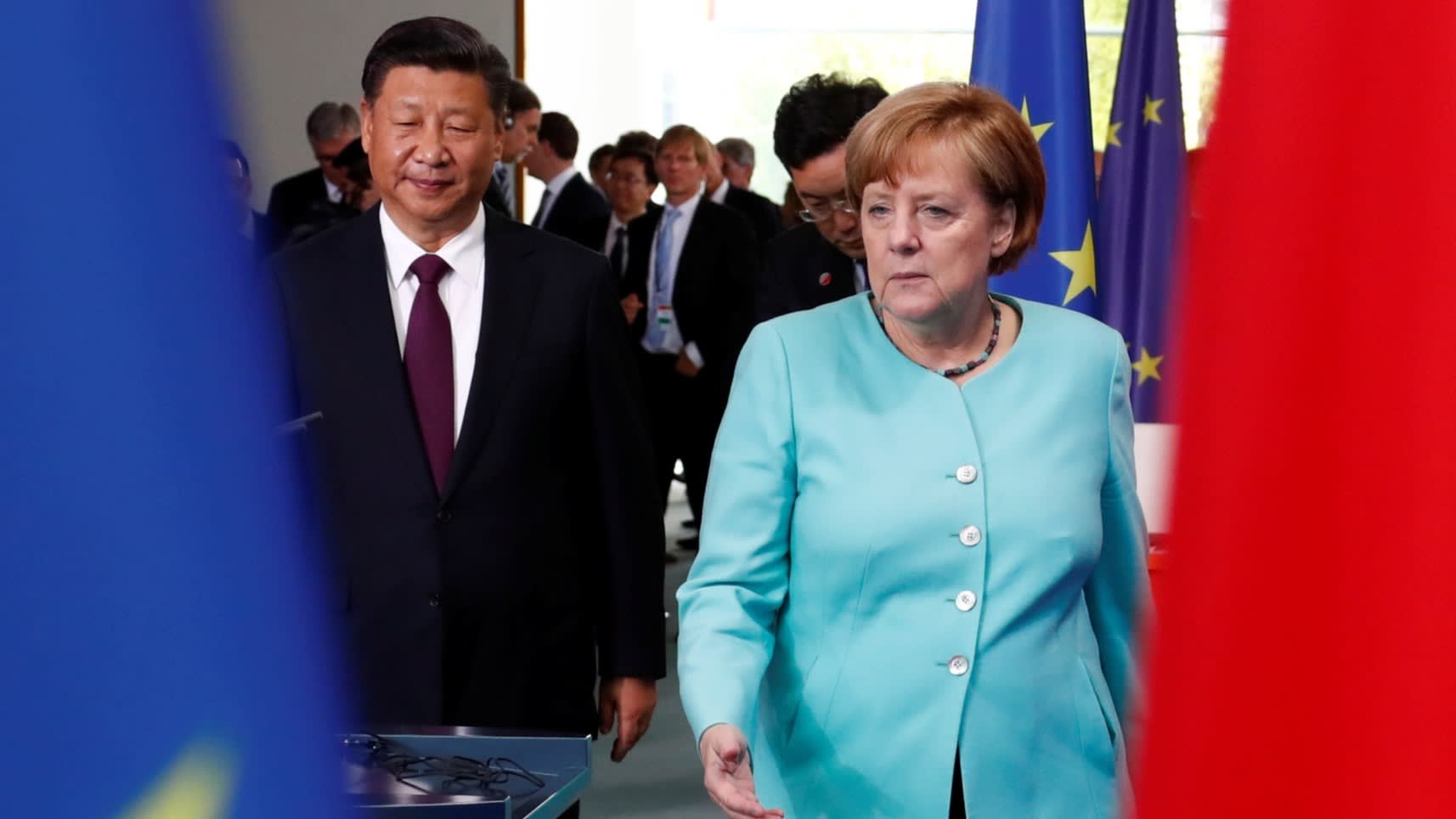BERLIN: Germany, after years of shaping its Asian strategy around China, has taken a break and will focus instead on stronger partnerships with democracies in the region such as South Korea and Japan to promote the rule of law.
Germany’s shift comes as part of the rising sense of alarm throughout Europe about economic dependence on China and the country’s track record on human rights, asia.nikkei.com reported.
German Foreign Minister Heiko Maas said on September 2 that they want to help shape (the future global order) so that “it is based on rules and international cooperation, not on the law of the strong.”
“That is why we have intensified cooperation with those countries that share our democratic and liberal values,” Mass added.
According to the asia.nikkei report, Germany that day adopted the new policy guidelines covering the Indo-Pacific while emphasizing the importance of the rule of law and promoting open markets in the region.
It added that the strategy “echoes the approach” taken by France, Japan, Australia and members of the Association of Southeast Asian Nations.
Beijing had been Berlin’s diplomatic focus in Asia, with German Chancellor Angela Merkel visiting the country almost yearly, the report said adding that China also accounts for 50% of Germany’s trade with the Indo-Pacific region.
The asia.nikkei report said that the economic growth, however, has not opened the Chinese market as hoped.
According to the news report, German companies operating in China have been forced to hand over technology by the Beijing government.
Negotiations for an investment treaty between China and the European Union to address the issues have stalled, sparking concerns about becoming too economically dependent on China, according to asia.nikkei.com.
This, according to the report, coincided with growing criticism of Beijing’s new national security law in Hong Kong and its detention centers for members of the Uighur Muslim minority, which in turn have led to increasing resistance in Germany to Merkel’s pro-China policies.
Germany’s new Indo-Pacific strategy has taken a tougher approach toward Beijing, including criticism of the vast debt racked up by countries participating in Beijing’s Belt and Road infrastructure-building initiative, the asia.nikkei report said.
It further stated that German companies have concerns about doing business and protecting their intellectual property in China.
But the German companies are reluctant to snub such a supersized market, the report said adding that about 40% of vehicles sold last year by Volkswagen, as well as nearly 30% by Daimler and BMW, went to China.
The report adds that Volkswagen CEO Herbert Diess calls China his company’s “most important market.”
Volkswagen has committed firmly to China after an emissions scandal in the U.S. and setbacks in its tie-up with Tata Motors in India, the news report said.
According to asia.nikkei.com, Daimler and BMW see China as the key to success, especially with the European market still stricken by the coronavirus pandemic. Meanwhile, Daimler issued an apology in 2018 for quoting the Dalai Lama in an ad.
Likewise, the report further stated that BASF, a leading chemical producer, is constructing its second integrated chemical project in China.
The German company’s Guangdong Province site is slated for completion in 2030 and will cost $10 billion, asia.nikkei.com said.
Europe, as a whole, appears to be reevaluating its ties to China, according to the report.
It should be noted that the EU in 2019 labeled China a “strategic competitor”.
(With inputs from https://asia.nikkei.com)









Comment